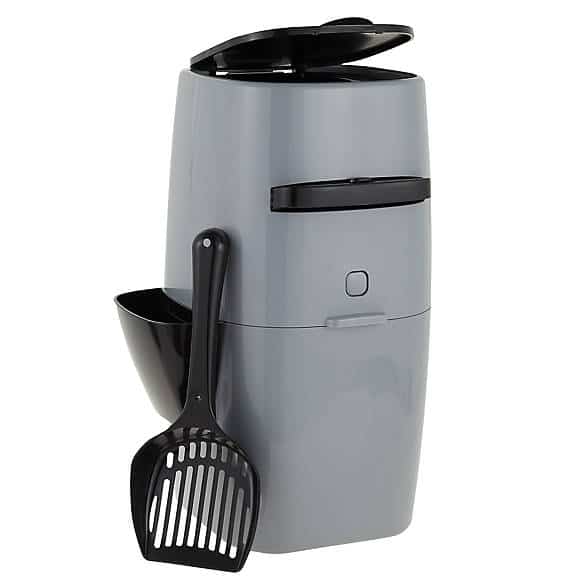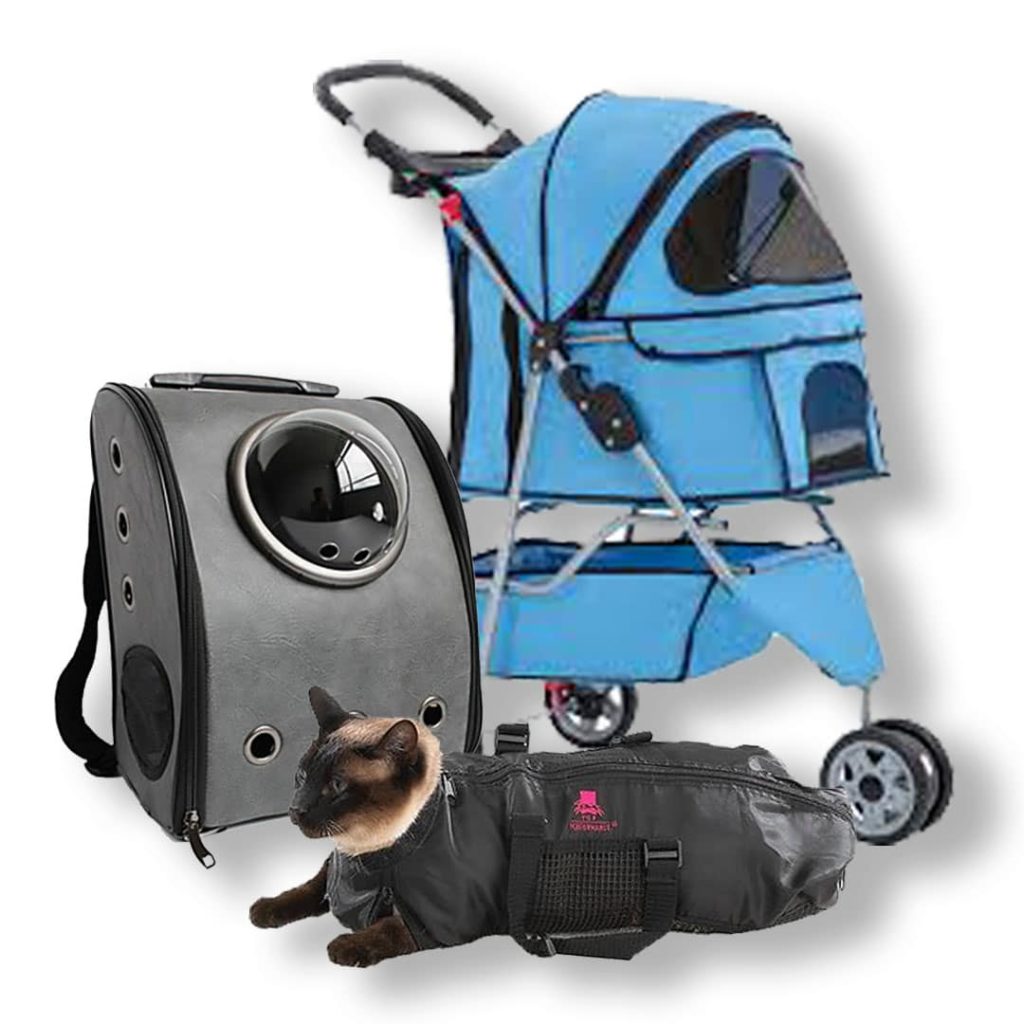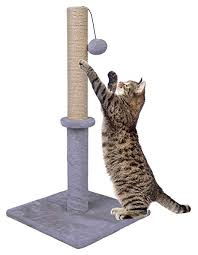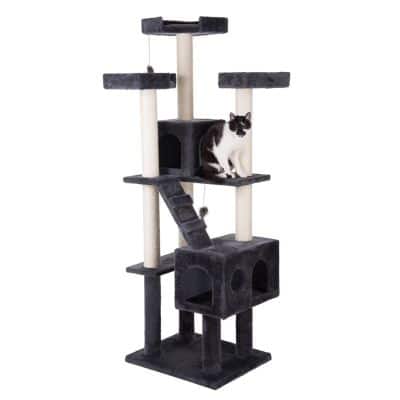
Kitten Care Guide
Congratulations on your new family member!
Bringing home a new kitten is both exciting and overwhelming, so we put together all the need-to-knows for the first year of kitty parenting.
First things first: Make your home safe!
- Hide electrical wires
- Limit access to balconies and decks
- Clean up small items (rubber bands, pens, pencils, needles, hair bands, etc.)
- Get used to closing trash can lids, toilet seats, and doors to off-limits areas
Beware Poisonous Substances
- Lock up pesticides, rat killer, medications, and any other toxic household substances
- Remove indoor plants or hang them out of reach
- Save the number for ASPCA Poison Control to your phone: 1-800-548-2423
Know the closest 24 hour Emergency Clinic
You never know when there will be an emergency. Save the clinic’s contact info and address in your phone.
We recommend taking your pet to one of the following emergency clinics:
IndyVet Emergency & Specialty Hospital
5425 Victory Dr
Indianapolis, IN 46203
317-782-4484
indyvet.com
Veterinary Specialty & Emergency Care South
4625 East Stop 11 Road
Indianapolis, IN 46237
317-534-6000
vsecindy.com/south
VCA Advanced Veterinary Care Center
7712 Crosspoint Commons
Fishers, IN, 46038
317-578-4100
vcahospitals.com/advanced-veterinary-care-center
Basic Equipment Needed
It’s fun to get cute new things for your newest addition, but it can also be very expensive! Keep this in mind before committing to a new cat.

Food + Water Bowls
- Glass, crystal, or crock bowls are recommended.
- Place their water away from food.
- Cat fountains are a great investment since cats prefer running water.

Litter Box + Scoop
- A covered box avoids spills and limits odors, but some cats don’t like them.
- There should be one litter box for every cat you own, plus an extra one.
- Scooping the litter daily is important for their hygiene and encourages good bathroom habits.
- A litter genie is a great product for disposing litter cleanly and without odor.

Carrier
- Kittens can chew through the cardboard ones, so your temporary crate will not last.
- A carrier or backpack with soft sides may be more comfortable for your cat during transit.
- If your cat has an issue with claustrophobia, a cat bag or stroller might be a more fitting alternative!

Scratching Post
- Not having designated scratching areas in the house may result in scratched carpet and furniture.
- It’s good to have vertical and horizontal options.

Toys
- It’s best to wait and get to know your cat before buying a lot of toys.
- You don’t always have to spend a lot of money on toys. Sometimes their favorite things to play with are boxes or string on a stick.

Cat Tree + Window Seat
- Cat trees and towers usually have hidden spaces for the cat to get away. It’s good for them to have a sanctuary of their own.
- Sitting areas by the window are great for a cat’s mental health, especially when they’re indoors all day.
First Impressions are Important
While this is an exciting time for you, this can be a frightening experience for a new kitten. Leaving the security of its mother and littermates, they experience a multitude of new sounds, smells, and sights. It is normal for your kitten to cry the first three to four nights.
- Curb your enthusiasm, move gently, and don’t shout. A noisy or agitated environment could cause your kitten to be a nervous or fearful adult.
- Avoid handling the kitten excessively and give them freedom to hide.
- Isolate your kitten and let your existing pets maintain household privileges for the first few days.
Introductions to other household pets is an important step that should always be supervised.
In most cases, this should take place gradually and gently. Begin introductions soon after your kitten’s arrival. Adult cats may take months to totally accept the new family member, while well-socialized dogs may easily accept them.
During the introduction, don’t allow any aggression. Have them meet in neutral territory during mealtime or playtime. Repeat this until they no longer mind one another and begin to share.
Rules for Children
Children tend to smother the new arrival with attention. You should explain to your children when the kitten doesn’t want to be bothered and that it’s not a toy. Kittens need a lot of sleep, so there should be a house rule that forbids waking up the kitten just to cuddle or play. It’s best not to allow them to play with the kitten when you are not present to avoid mishandling and scratches.
Socialization + Training
A socialized kitten makes an adult pet who is comfortable and confident in their environment. Once introductions are complete, make sure their surroundings include other people, animals, and noises. Being handled by several different people at a young age will make them more curious and open to life.
The essentials of your kitten’s education take place between birth and six months of age. In fact, most behaviors are acquired by the age of three months. We know how hard it is to correct a cute kitten, but being consistent with managing inappropriate behavior at an early age is important.
Health + Wellness
An initial check-up for your kitten is important. Kittens are susceptible to illness and disease, and can be exposed to a lot of different animals and places before finding you.
Get your kitten on track for a healthy first year… all while earning 5% CASH BACK! Our Kitten Rewards Program is specially designed for kittens 13 weeks old and younger.
Recommended Core Vaccines
Vaccines are an important part of preventative health. After the initial vaccine, a booster shot may be necessary to complete your pet’s immunization to a disease.
3 – 4 Distemper/Distemper/Respiratory Virus Vaccinations
- can give at 8 weeks of age
- boosters given 3 – 4 weeks apart until they are 12 weeks of age
2 Feline Leukemia Vaccinations
- can give at 9 weeks of age
- second booster 3 – 4 weeks later
1 Feline Purevax Rabies Vaccine
- can be given at 3 months of age
- no booster needed
Intestinal Parasite Testing + Control
- 2 Stool Samples for Parasite Evaluation
- 2 Oral De-Wormings (can begin as early as 2 weeks of age)
- Parasite Prevention (safe to use by 8 weeks of age)
Read our blog to learn more about common parasites, how they’re spread, and the treatments and preventatives available.
Spay / Neuter
We recommend your kitten to be sterilized by 6 months of age, but it can be done once they reach 4 lbs. (usually around 4 months) with veterinary approval.
- Early neutering will not affect their growth but may affect their weight. Spaying and neutering your pet will not make them overweight.
- Neutering helps to prevent testicular cancer and prostate issues.
- Spaying helps to prevent uterine infections, breast tumors, and their heat cycle.
- Behavioral issues are less likely to develop with sterile pets. (i.e. mounting, inappropriate urination, running away, and aggression)
Microchipping Your Kitten
Your cat is more likely to find its way back to you with a registered microchip. The median return to owner rates for the shelters were 21.4 times higher for cats with a microchip than all stray cats (38.5% vs. 1.8%).
Microchipping your cat is one of the best things you can do for your cat. Read our blog to learn more about what a microchip is, why it’s important, how much it costs, and the likelihood of adverse reactions.
Growth + Nutrition
The growth period is the most important stage in a cat’s life, and can be affected by hygiene, stress, and nutrition. A kitten’s birth weight increases 5 to 7 times during the first eight weeks of their life, which is why a nutritious diet is necessary.
Kittens begin the transition from their mother’s milk to wet food by week four and are usually eating solid kibbles by week seven. The nutritional needs of a kitten are different from those of an adult cat. It’s important they are fed food formulated for kittens and that they’re getting enough of it. Kittens need a lot of calories for growing, so follow the directions on the bag even if it seems like a lot of food.
Between four months and a year, their teeth have developed and their digestive ability has improved. Muscle mass develops and as their growth slows, their energy requirements may decrease slightly. By 8 – 12 months, your kitten will be fully grown, although their weight may fluctuate throughout their life.
Grooming
Bathing
Your kitten won’t need baths if they are successfully cleaning themselves. If they have a medical issue that may inhibit them from grooming themselves in the future, desensitizing them to baths at an early age is important.
Nail Trims
Clipping your kittens claws early and often will make nail trims easier in the future. Make sure you ask your veterinarian which part of the nail you can cut without causing pain if you are not familiar or call our cat groomer at Furr: Pet Spa and Wellness to lend a hand. Kitten claws are small enough you can use human nail clippers.
Read our blog to learn more about why cats scratch and the steps you can take, including nail trims, to keep your home safe.
Teeth
Begin dental care early! Preventative dental care will save you money in the future, and your kitty will thank you for the infrequent teeth cleaning visits. Dental treats, greenies, water additive, and teeth brushing are all ways to prevent dental disease early. Our clinics offer a range of products to make this easier for you.
